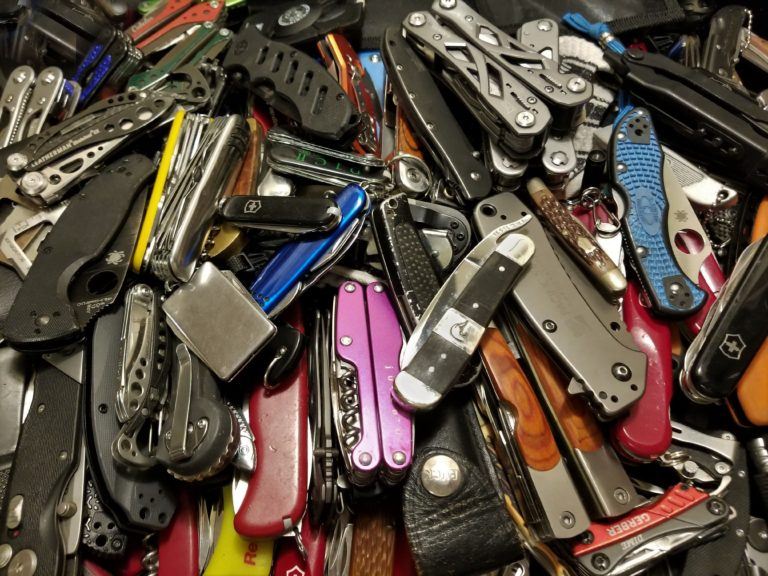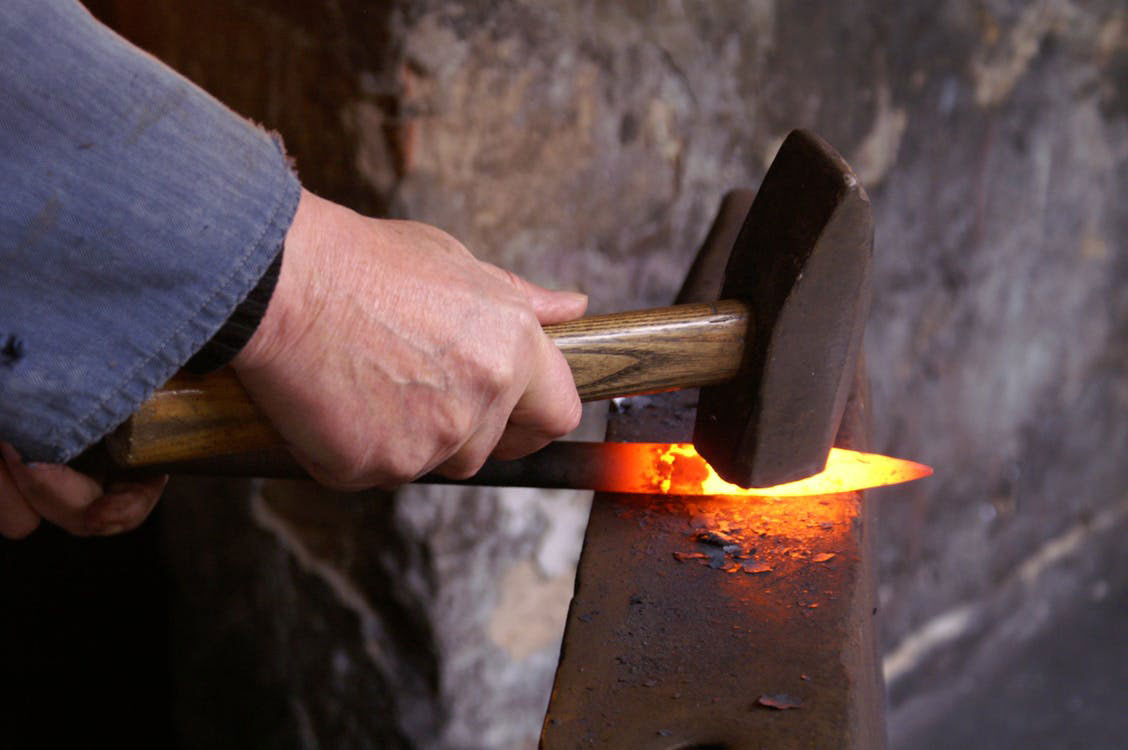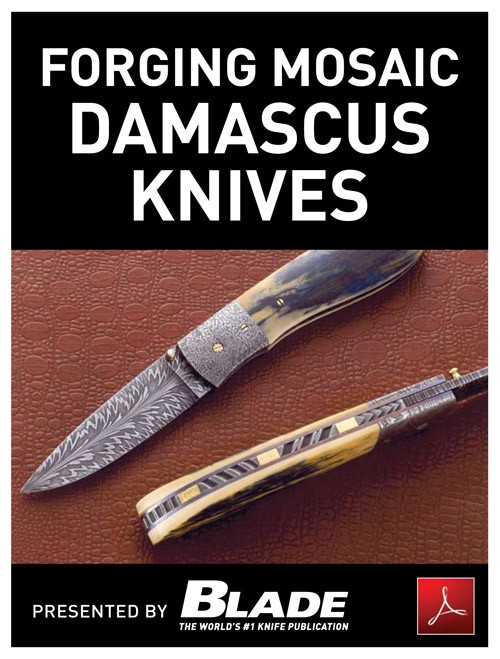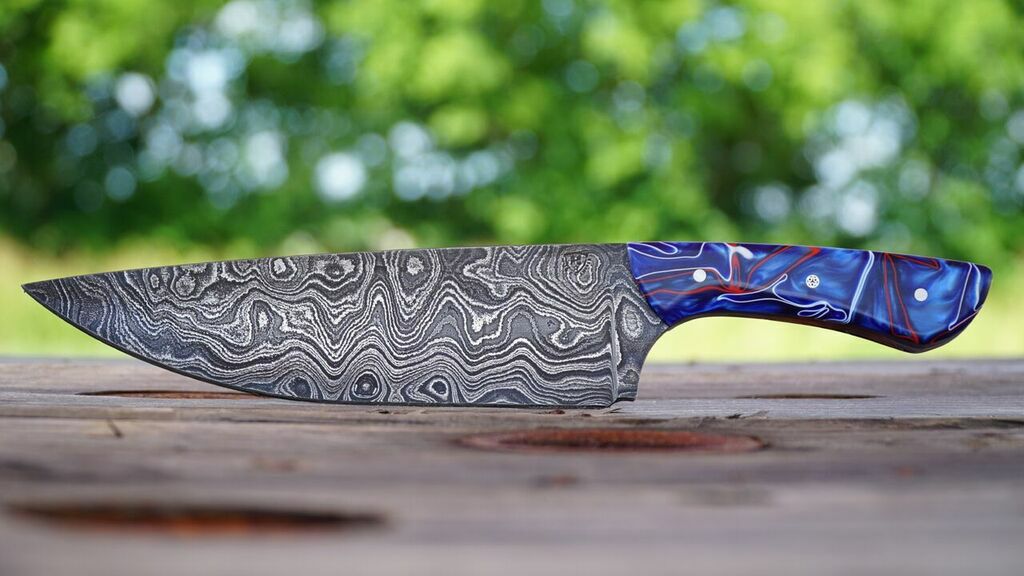Selling a knife collection takes more thought than handing a box over to the first person who shows up with an offer.
Editor’s note: An expanded version of this article appears in the book, KNIVES 2020.
- Hopefully, the collector left behind documentation about what’s in the collection
- Get a sense for how much the knives are worth by researching what’s selling online
- Avoid relying on potential buyers to tell you how much the knives are worth (they may be dishonest)
- Find a reputable knife dealer or auctioneer for assistance
- Sell the collection through the dealer or auctioneer
- If the knives have historical value, consider donating them to a museum
Knife Collectors, Do This Now: Document Everything
Bereaved family members looking to liquidate a knife collection is a possibility for many reasons, not all of them bad, so it is important not to wait until the last minute to get knives in order. Document everything. Knowing how much is invested, where and when the knives came into possession, and the current value can help immensely.
Knife Collectors: It’s Time for a Difficult Talk
Some knife enthusiasts pass their collections on to their families and kids. If that is an appealing option, make sure you define this in your will. Talk to the family members first. It isn’t a fun conversation, but it is critical that it occurs. If you have grandkids or close relatives, a special knife gift can start the collecting cycle over again.
The First Step in Liquidation: Get Help
Often, relatives don’t share your interest in knives. Selling the collection as a group or putting it on consignment can work, but you are depending on the honesty of others. Get recommendations for reputable knife dealers or knife auctioneers first.
An honest seller will review the collection with you, account for each item and justify the asking prices. Documentation will help. While it is possible for knives to go down in price over time, it is usually easy to find their current values by comparing them to knives sold online and at auction.
You do need to accept that a reseller will want to make some money for his or her time, but once again, your documentation and knowledge are key.
Beware the “Helpful” Friend
Sometimes friends can help, though beware of the “friend” that swoops in and offers $500 to take the $10,000 collection off of your spouse’s hands “so you don’t have to worry about it.” It is sad that this occurs, but it happens a lot.
Donating to Museums
If you have a significant knife with rare historical value, you might consider donating it to a museum. Frontier knives, military models and other antique or collectible pieces can find new homes and audiences. Discuss this with museum staff before any donation.
Occasionally, a museum will purchase a knife, but it would have to be very special, and there can be tax ramifications, so it is important to determine this first.







